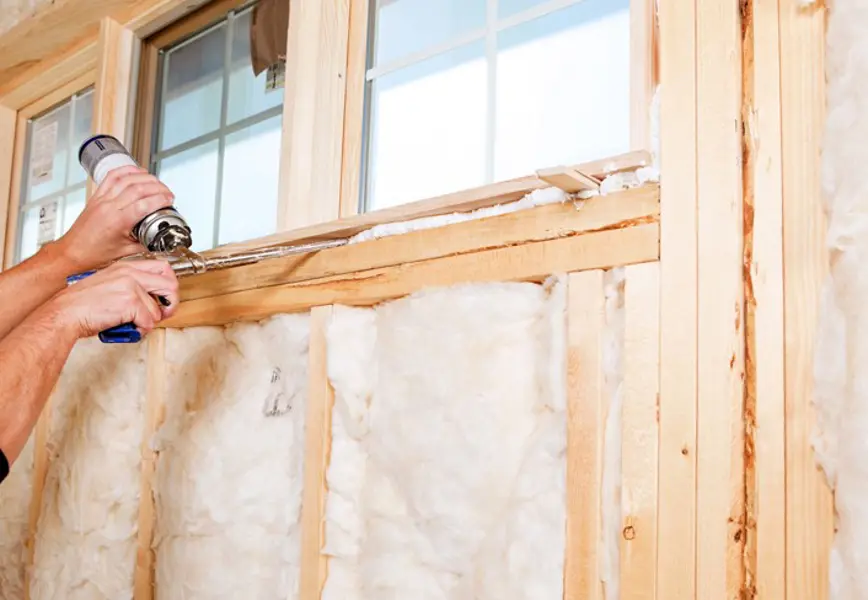What you need to know when deciding to rent or sell your home
Residential

By continuing, you agree to our terms of use and privacy policy
Instructions on how to reset your password will be sent to the email below.
Your password reset link has been sent. Please check your inbox and follow the instructions provided.
Residential

Cash up or rent out: these are your options when looking to move home. If you aren’t sure which is the better option for your wealth creation strategy, Guy Mordaunt, the Wairarapa regional manager at Property Brokers, has some advice for you:
Read more: Timing Your Home Sale
Less experienced landlords (or landlords-to-be), might think that an expensive home that gathers more rent per week is more valuable to your portfolio: if you’ve got a $500,000 home, you will get great returns if you decide to rent it out.
However, Guy says that the reality is quite different.
“More expensive homes don’t usually make good rentals. The yields are bad, the costs are high and the wear and tear that comes as part-and-parcel of such a property will devalue an executive home,” he says.
“More expensive homes don’t usually make good rentals."
His advice? Stick to lower-quartile homes ($300,000 – $400,000), particularly if the property is regional. You’ll get a wider selection of tenants at a lower price range, and you’ll get a far better return on your investment.
One addendum from Guy: if your property is in a big city, you may find that a higher value home is actually quite popular. It all depends on your physical location as well as the property features.
Meanwhile, many of the same features that make a property popular for buyers will make it popular for renters too: a decent-sized living room, open-plan kitchens and living rooms, more bedrooms are better, and so on.
A particularly interesting insight from Guy is that homes that are particularly suitable to sell are those that could do with some work.
“If you want to rent out a home that needs some serious renovations, you’ve got a lot of work and cost ahead of you,” Guy explains.
"You’ve got a lot of work and cost ahead of you."
“You’ve got to get it insulated, you’ve got to get your smoke alarms, you’ve got to get it warmer. If you’re going into a buy-and-hold situation, then maybe it will be worth it to pay for those updates and keep it.”
“When the market goes up by 25 per cent, [homeowners] cash up and move out. Unless people are in it for the long-term, now is the best time to sell it; if you are ever going to sell a rental, sell it at the top of the market.”
Perhaps the most important factor in deciding to become a landlord or cash up on your property, however, are your personal goals as a landlord. Guy has explained that there are “reluctant landlords” out there that are cashing out due to the rush of growth––and he thinks they are in the right, taking into account their needs and temperament.
“If you’re going to hold it as an investment, by all means rent it out. It’s a great way to generate income, and the asset you hold over time will be outstanding in retirement,” Guy explains.
“If you’re going to hold it as an investment, by all means rent it out."
This is a tactic that is recommended by real estate agents all over the nation, as these experts tend to be proponents of buy-and-hold. But, as Guy explains, the game of patience isn’t the right move for everyone.
“If you think you’re going to sell in the future, don’t wait: sell now,” he concludes.
Should you rent or sell your home? If you are a regional property owner that wants real estate as part of your retirement plan, then you may want to hold on. But if you have a short-term investment and are thinking of selling in the near future after giving landlording a try, Guy says don’t bother: just sell up, cash up and use your investment dollars elsewhere!
However, your experiences and strategies may vary, so ensure you factor in these opinions as well as do your own research.
From the top of the North through to the deep South, our salespeople are renowned for providing exceptional service because our clients deserve nothing less.
Managing thousands of rental properties throughout provincial New Zealand, our award-winning team saves you time and money, so you can make the most of yours.
With a team of over 850 strong in more than 88 locations throughout provincial New Zealand, a friendly Property Brokers branch is likely to never be too far from where you are.